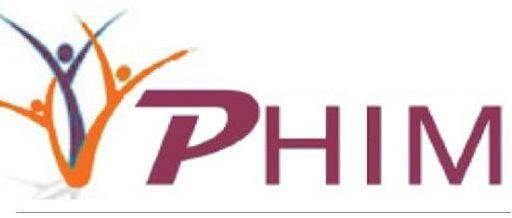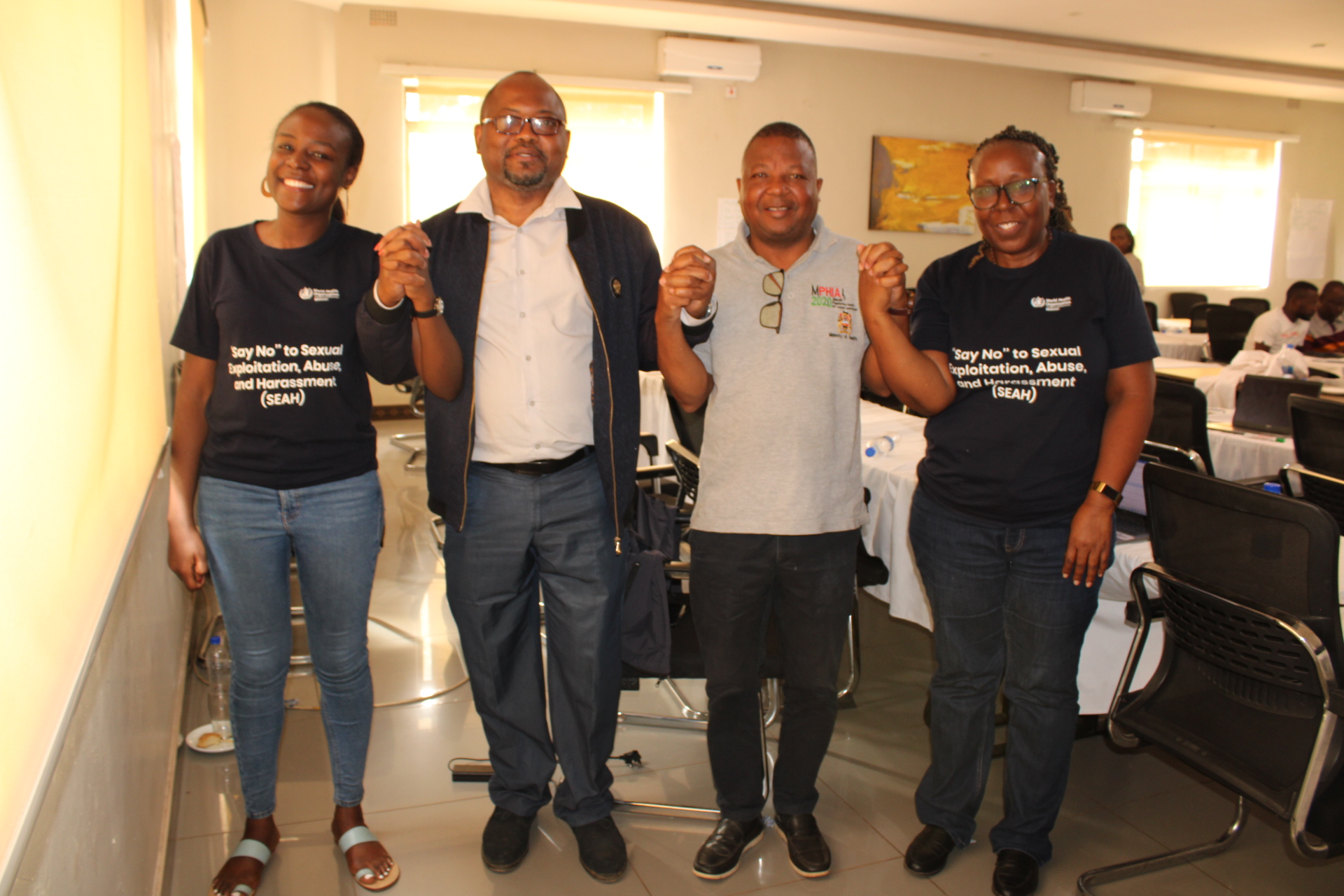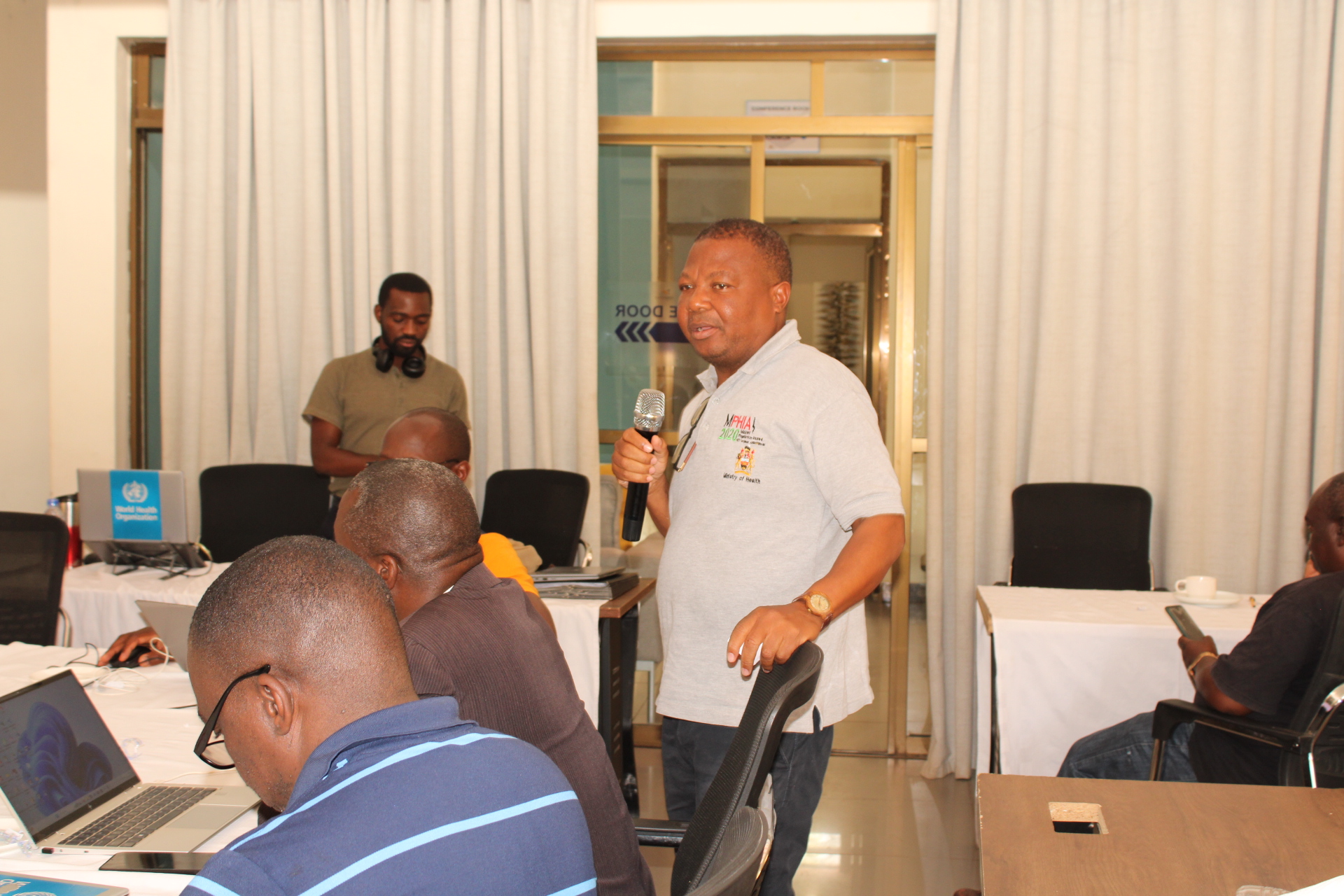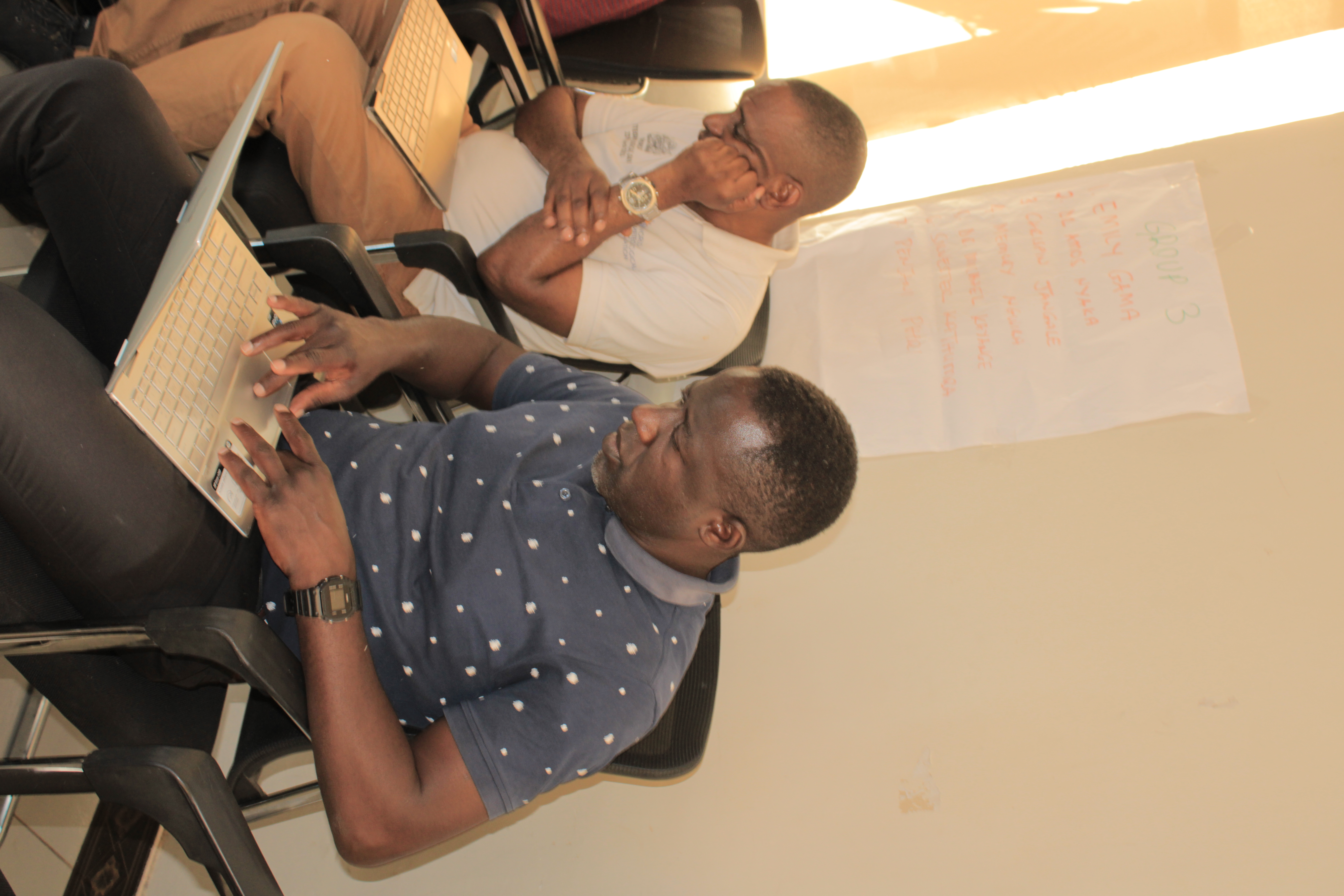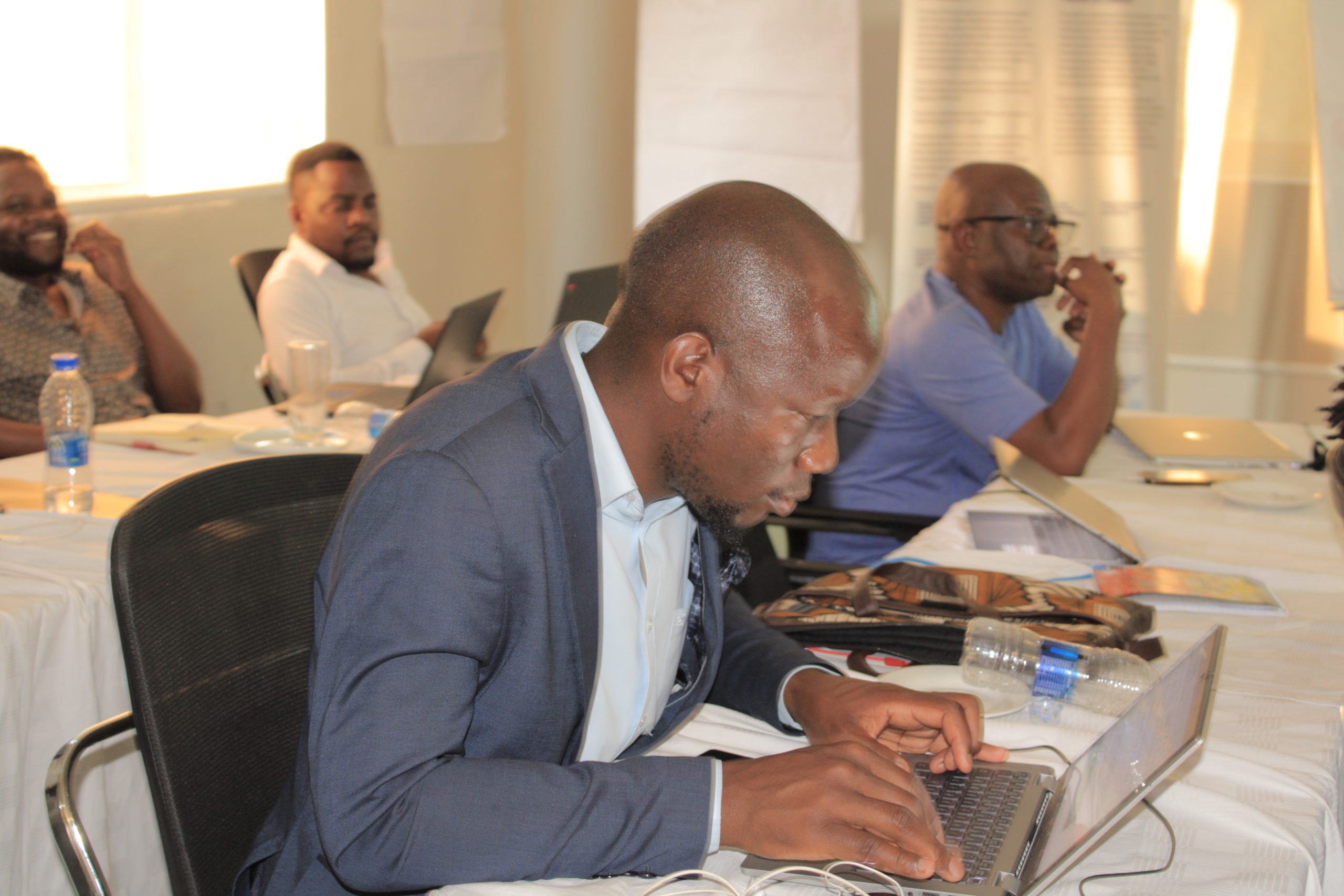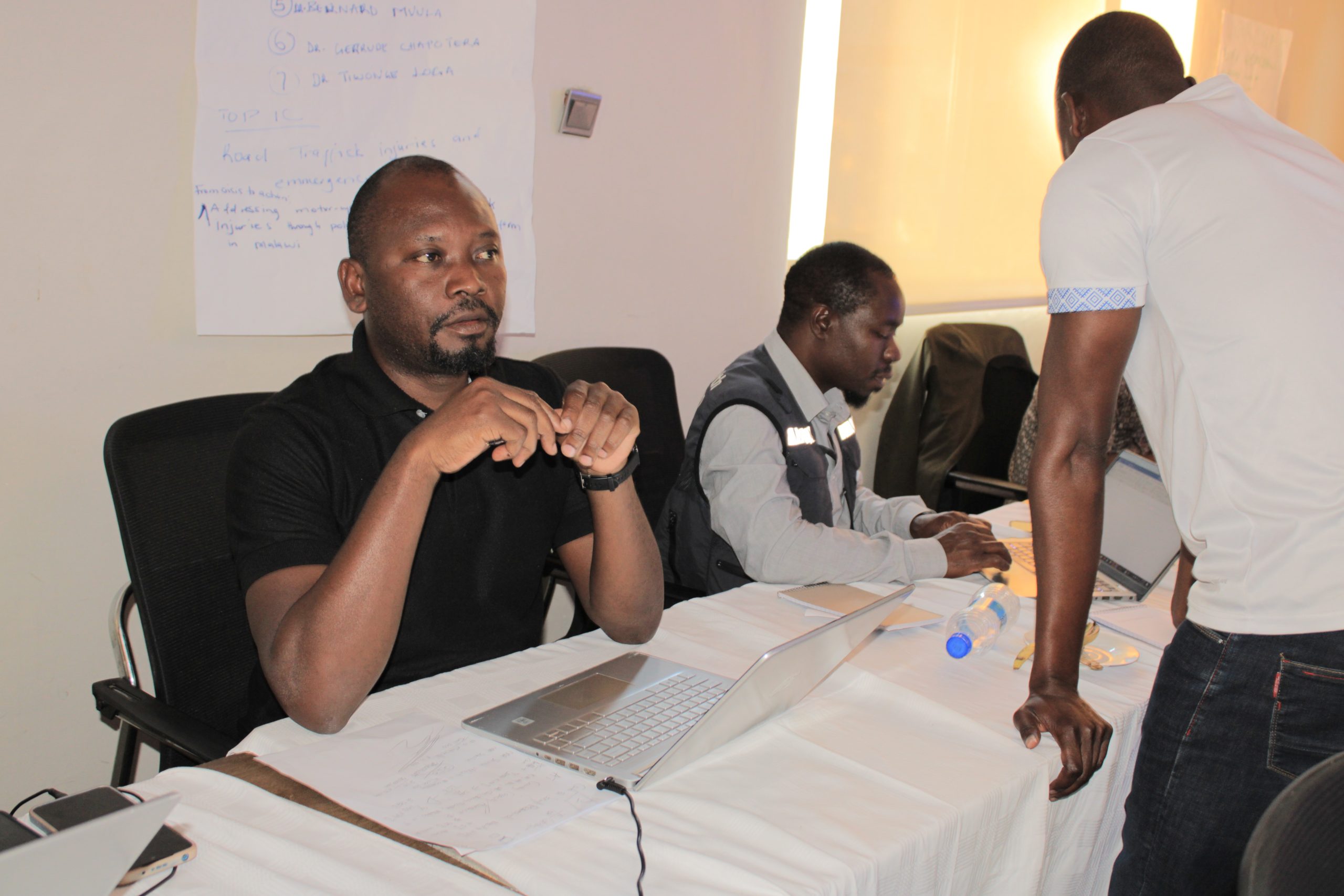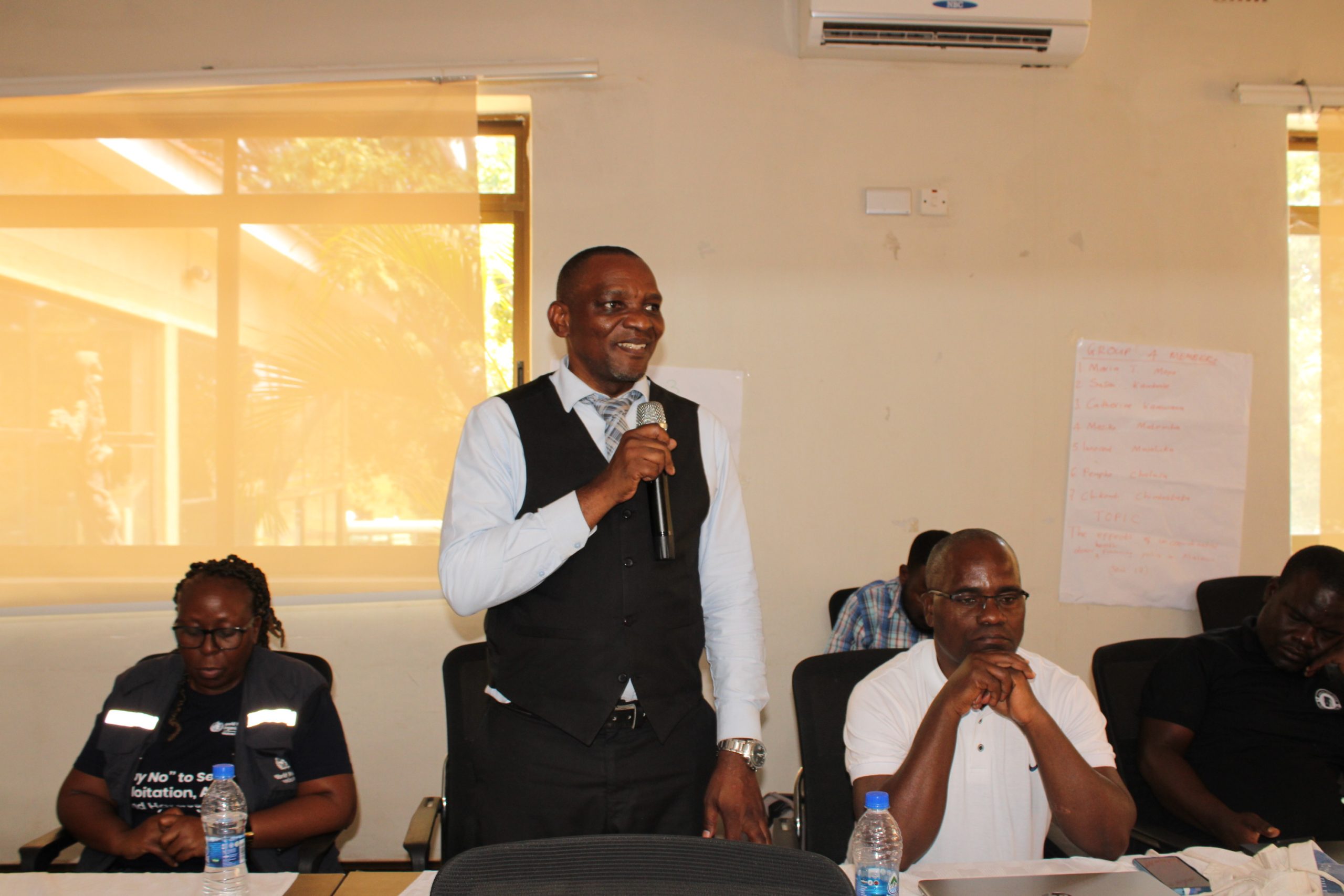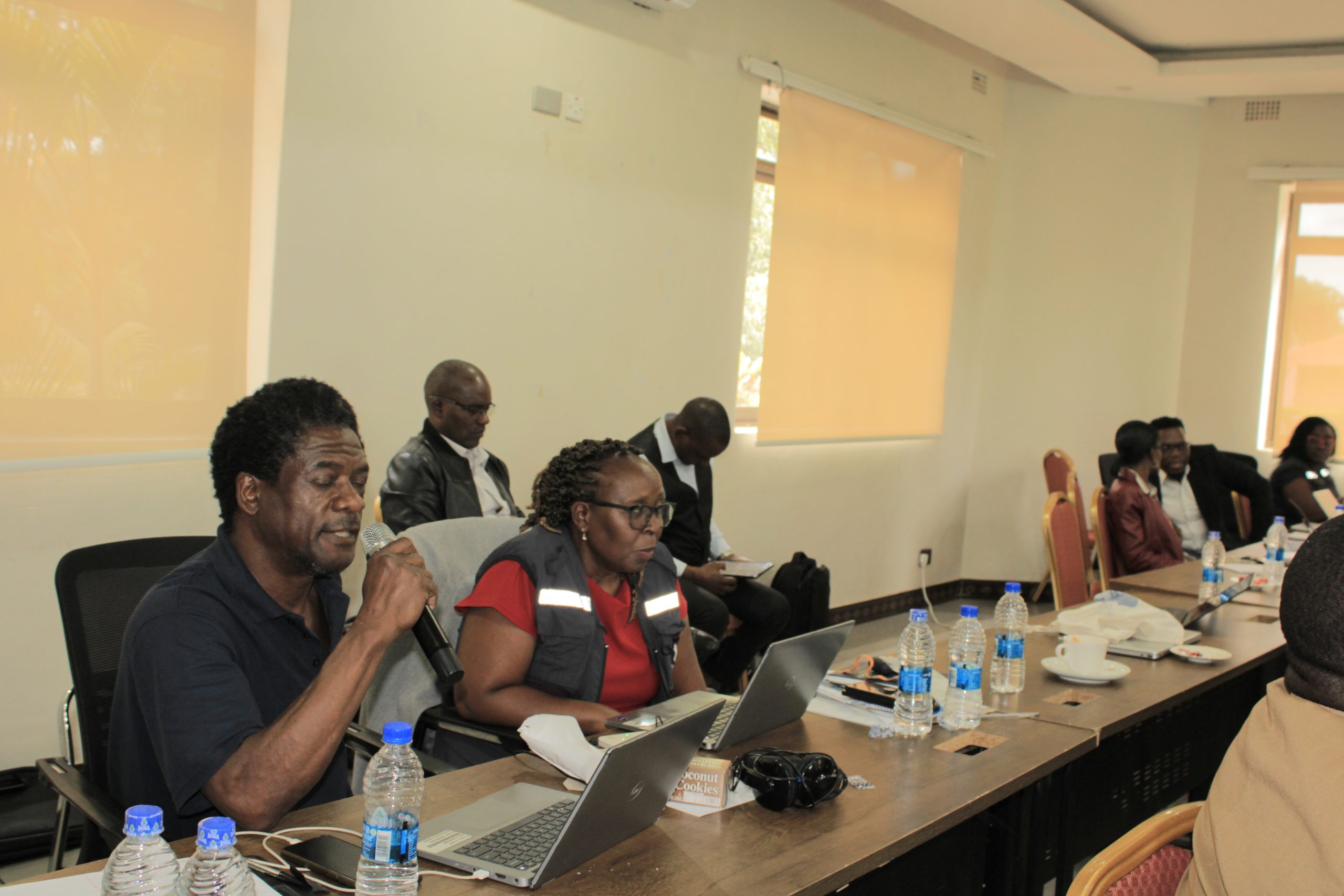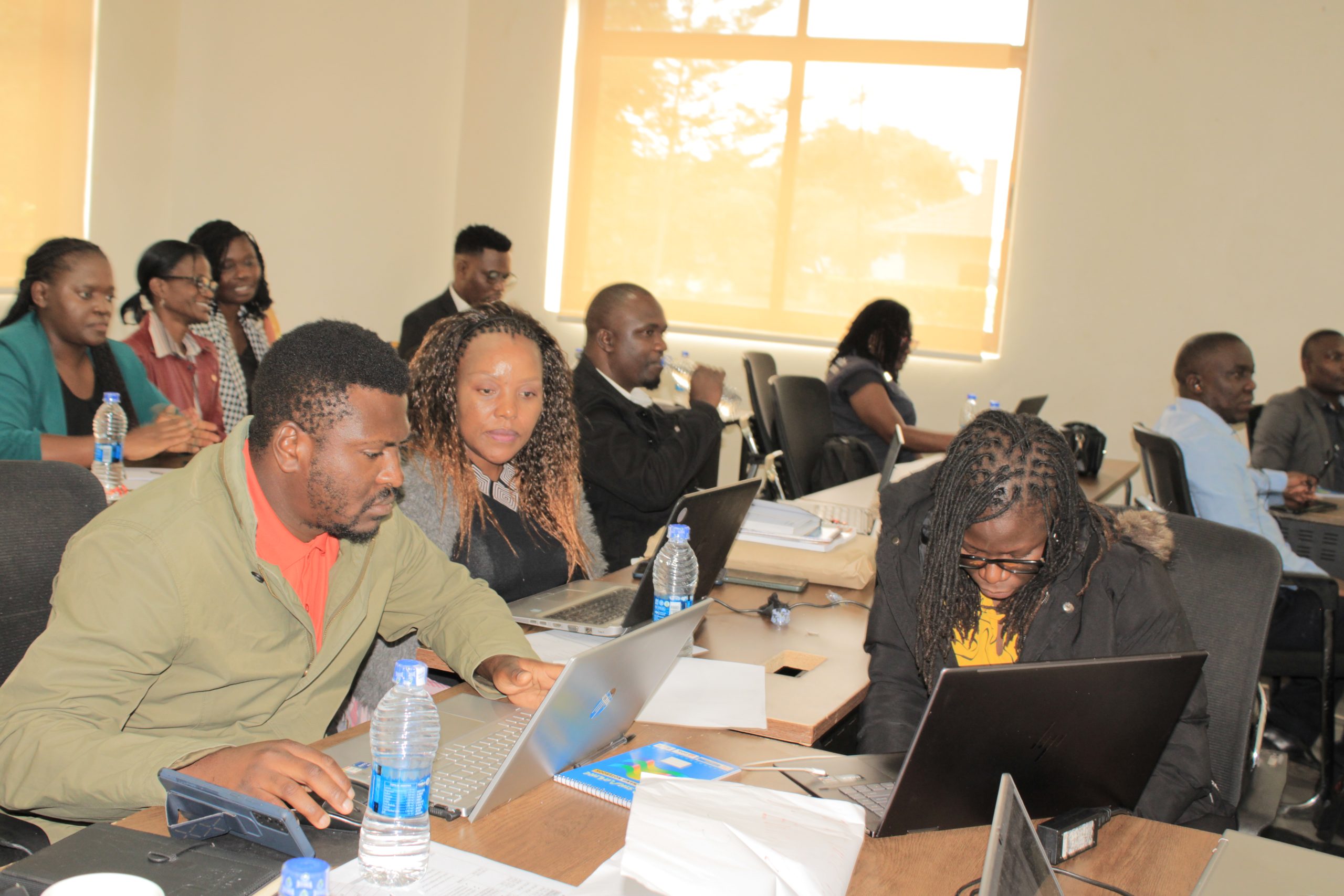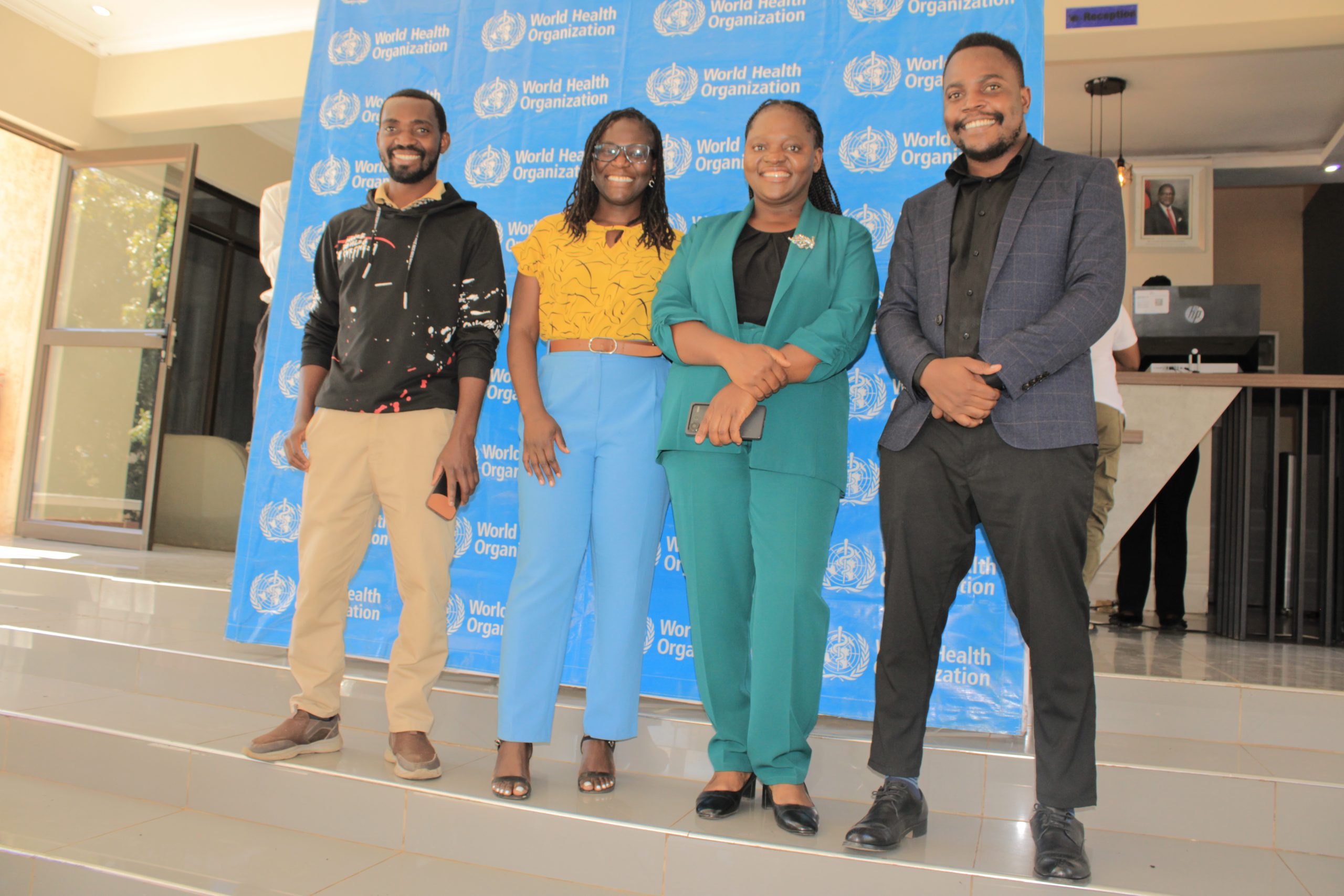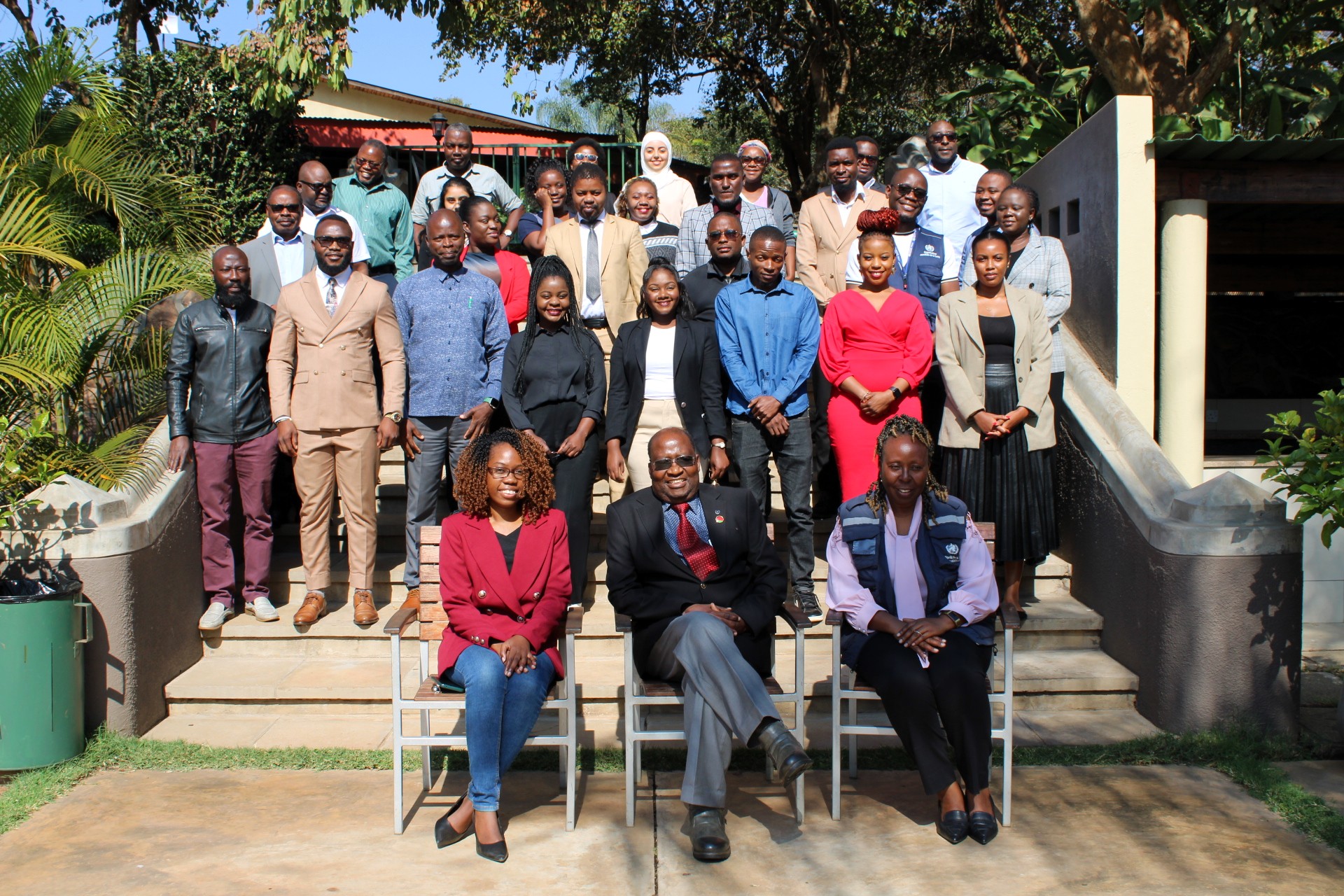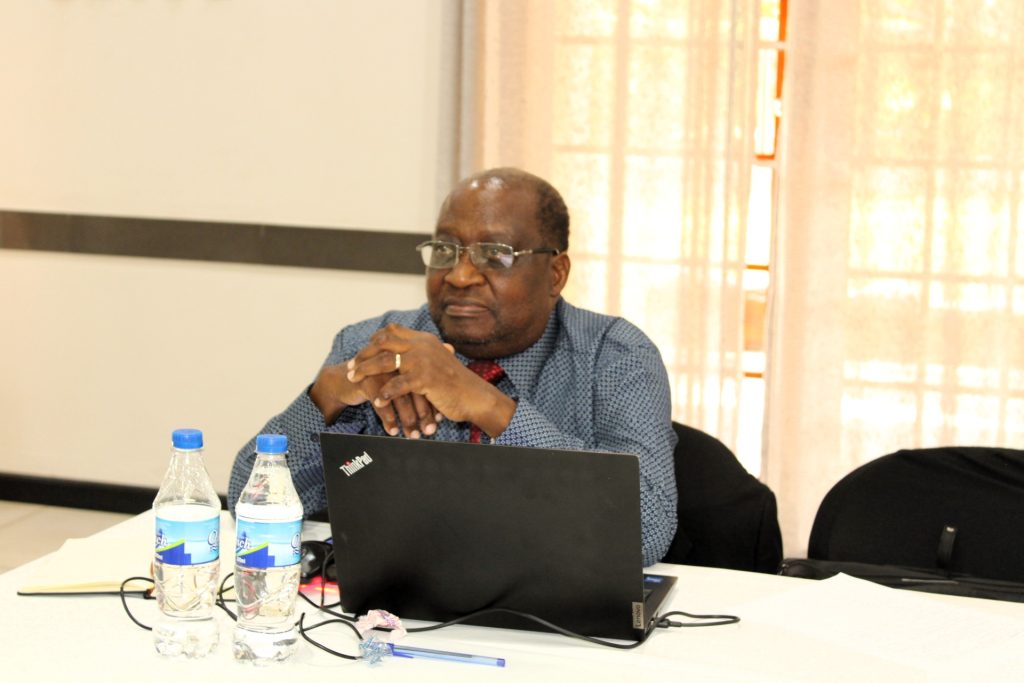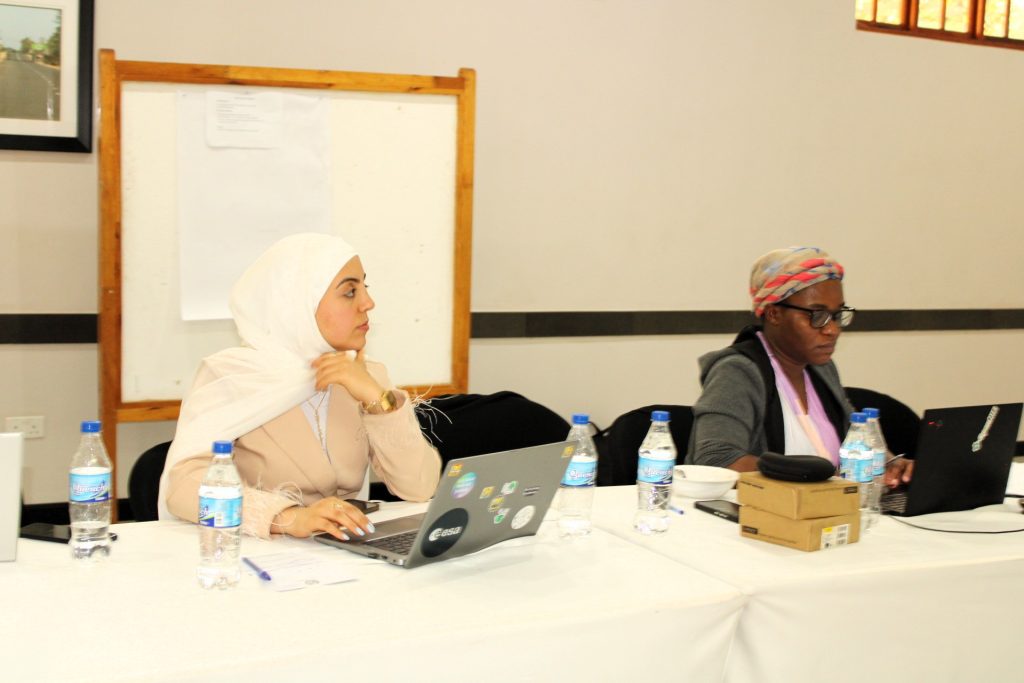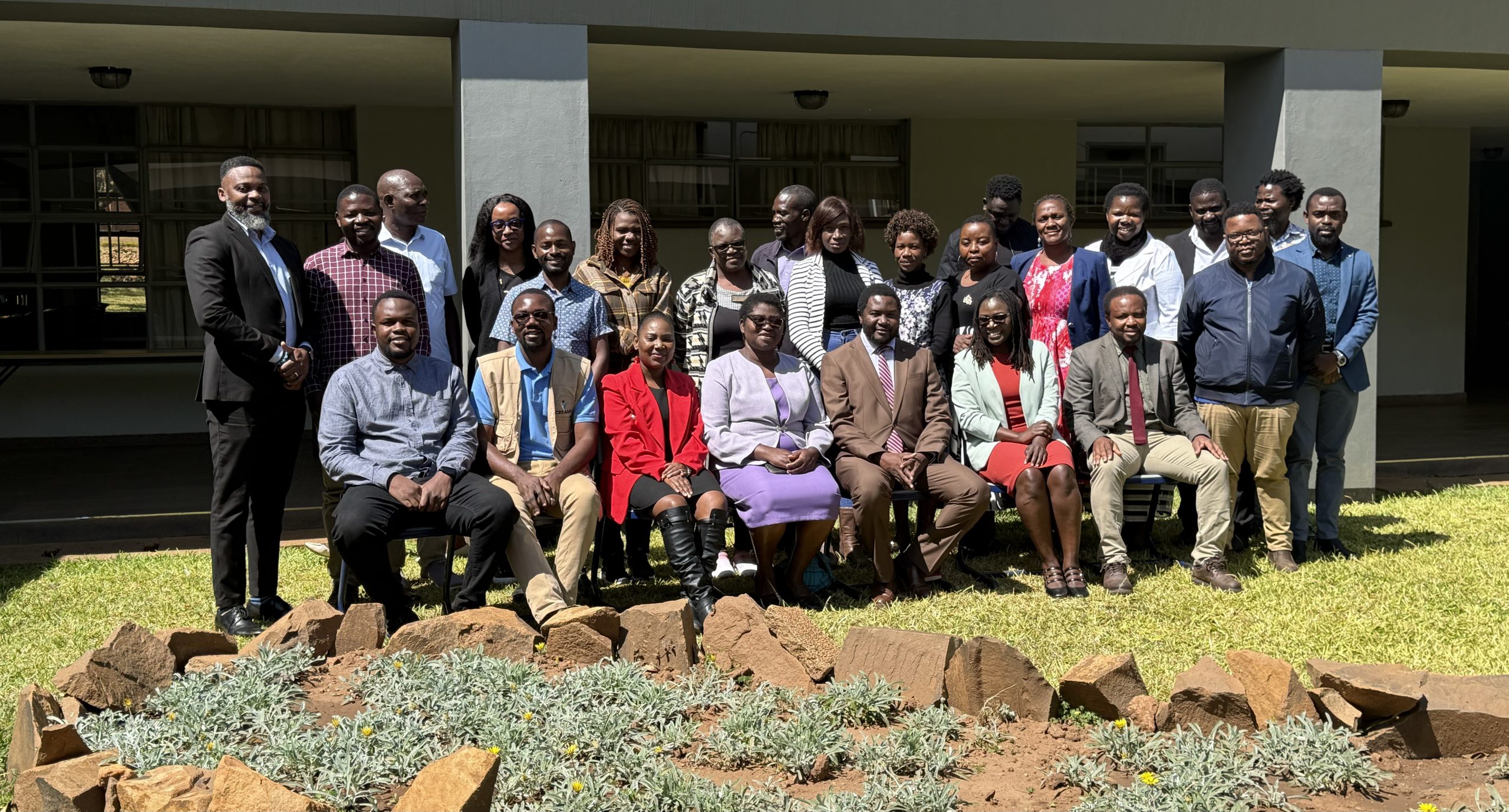
Research Skills Enhancement.
by
Moses Nyambalo Phiri in collaboration with Memory Ngwira, and Settie Kanyanda.
In a significant step towards strengthening research capabilities within Malawi’s public health sector, the Public Health Institute of Malawi (PHIM) in collaboration with Kamuzu University of Health Sciences (KUHeS) is conducting a five-day Research Methodology and Grants Writing Workshop at Kamuzu Central Hospital (KCH). Started on Monday expected to end this Friday, aims to enhance participants with essential skills for conducting high-quality research and securing funding, thereby advancing evidence-based healthcare practices across the nation.
Special thanks to the Kamuzu Central Research Coordination Committee for arranging the workshop, and to Dr. Samuel Phuka from KuHes, and to the Dr. Enock Ludzu – Hospital Director – KCH for officially opening the event.
Dr. Amos Msekandiana
Also, In attendance was Dr. Amos Msekandiana popularly known as Mr. Jaliwa.
The workshop, which is taking place at KCH, brings together a diverse group of participants, including researchers from various health-related fields, MoH personnel, and academic staff from local universities. By focusing on research methodology and grants writing, the initiative seeks to address key challenges faced by professionals in the health sector concerning the development of viable research proposals and the acquisition of funding for public health projects.
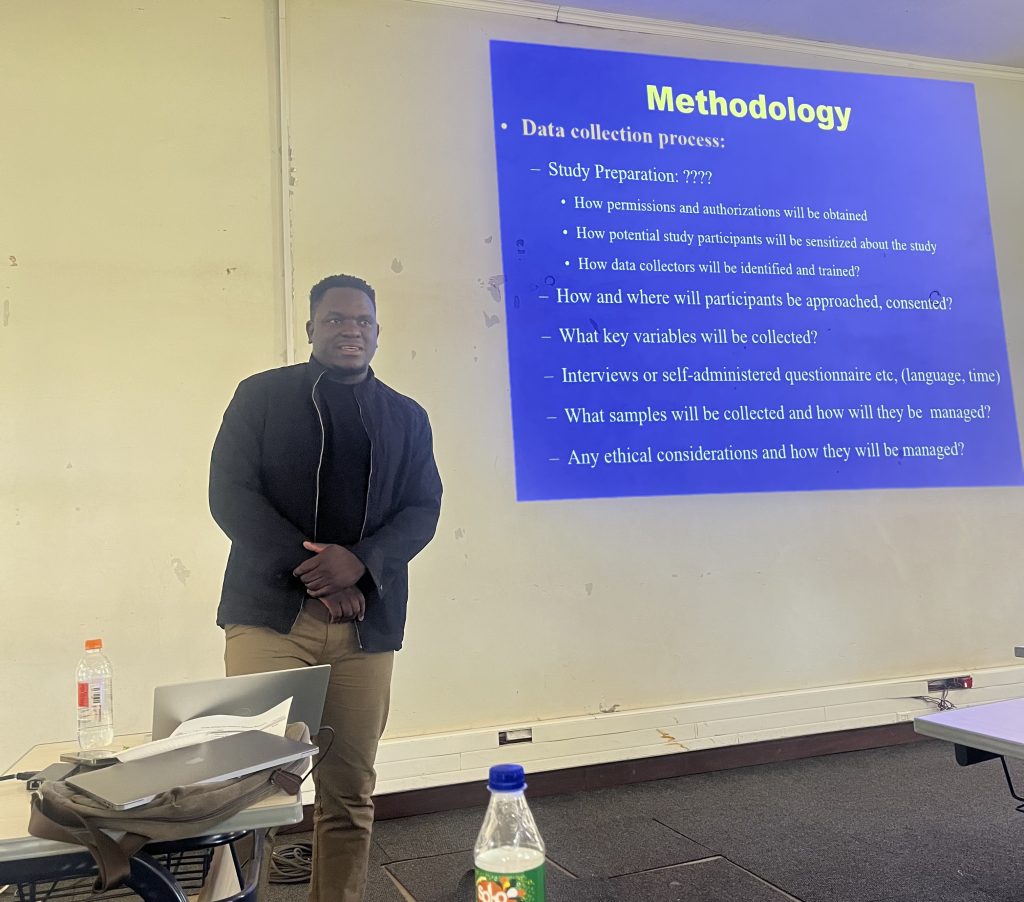
Alex Thawani, Bio-statistician for the Research Division, PHIM., expressed the importance of this initiative, stating, “Strengthening research capacity is essential for the advancement of health services in Malawi. By enhancing the skills of our health professionals, we are investing in the future of evidence-based healthcare that can significantly improve the health outcomes of our population.”
Participants are engaged in a series of hands-on sessions over the week, covering topics such as the fundamentals of research design, data collection and analysis techniques, ethics in research, and the intricacies of writing competitive grant applications. The workshop is facilitated by experienced trainers from both PHIM and KUHeS, ensuring that attendees benefit from a wealth of knowledge and practical insights.
In addition, Memory Ngwira, Research Officer from PHIM emphasized the collaborative aspect of the workshop: “This partnership between PHIM and KUHeS exemplifies our commitment to fostering a culture of research and collaboration within our health system. It is vital that we work together to ensure our health responses are informed by sound research.”
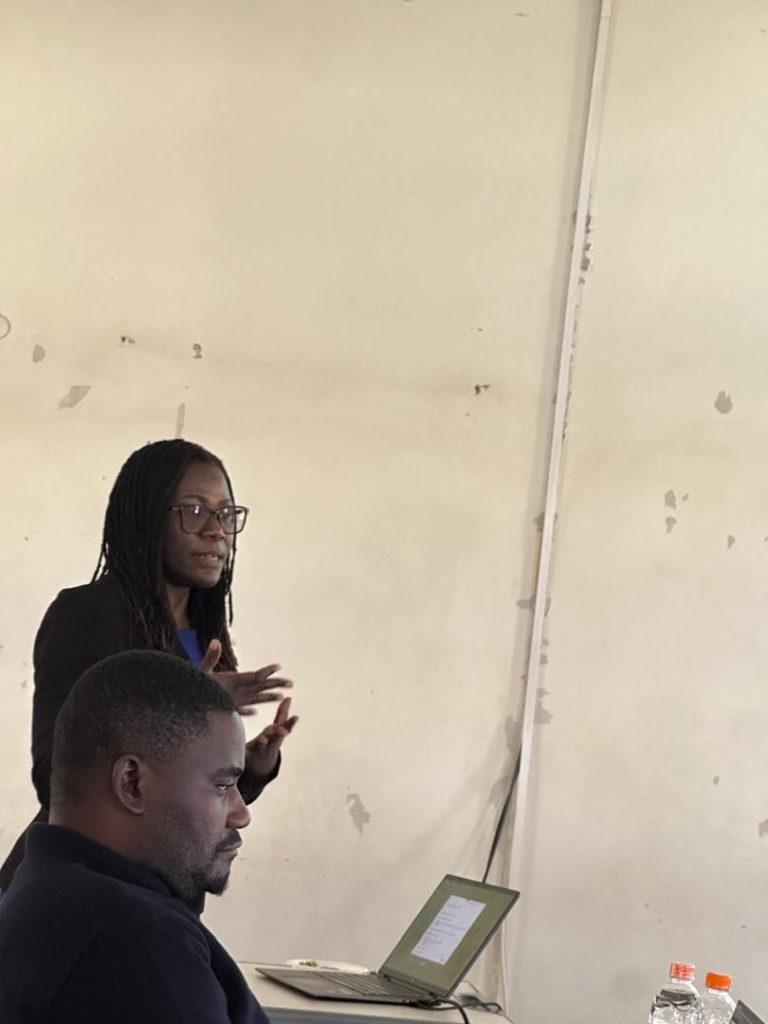
While the workshop is poised to provide valuable training and resources, it is essential to recognize the broader context within which these efforts occur. Malawi is faced with various challenges, including limited funding opportunities for health research and the need for greater awareness of the importance of research among policymakers and stakeholders. Thus, while workshops like this are crucial, sustained efforts are necessary to create an environment conducive to research and innovation in healthcare.
The Research Methodology and Grants Writing Workshop at Kamuzu Central Hospital signifies a essential advancement in Malawi’s commitment to enhancing research capabilities within the public health sector.
By equipping researchers, MoH staff, and academic professionals with the necessary skills, PHIM and KUHeS are paving the way for a future where evidence-based practices thrive, impacting the health outcomes of Malawians. As participants embark on this learning journey, the hope is that it will foster a culture of inquiry and innovation, ultimately contributing to the sustainable development of healthcare. The collaborative efforts displayed bring out the collective responsibility of all stakeholders in building a robust health research framework that can effectively address the health challenges facing Malawi today and in the years to come.
